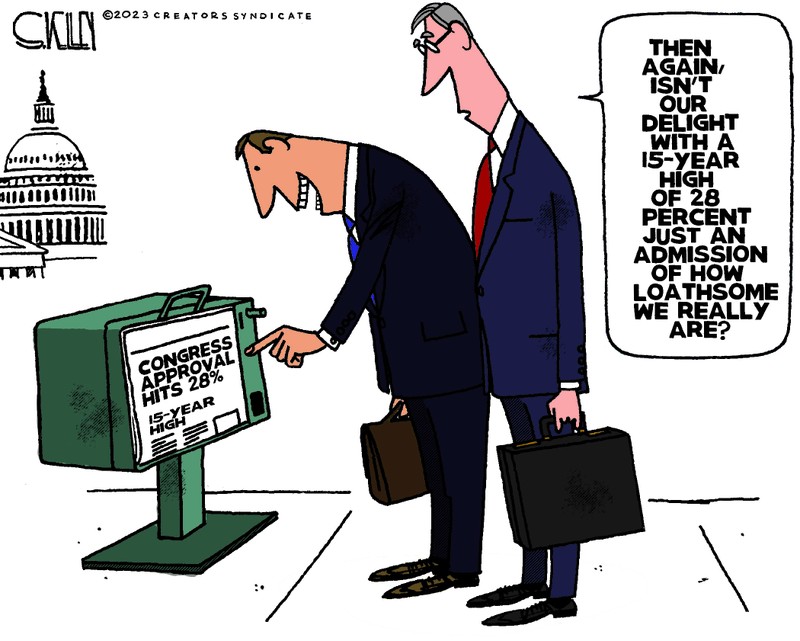Economic confidence increased to 97.4 in
this month’s Rasmussen Reports Economic Index, more than seven points higher than
February. Enthusiasm about the economy surged under former President Donald Trump, reaching as high as 147.8 in January 2020 before tumbling after the coronavirus lockdown threw Americans out of work and closed many businesses. By November 2020, it had recovered to 126.4, but dropped sharply after President Joe Biden was elected. The index fell to 97.8 in February 2021 before beginning a three-month rebound that took the index to 123.7 in May 2021.
Twenty-nine percent (29%) of American Adults rate the economy as excellent or good this month, up one point from last month, and but still 13 points below the 42% mark in November 2020. The number who rate the economy as poor was 42%, down five points from February. Twenty-four percent (24%) now think the economy is getting better, up one point from last month. Fifty-five percent (55%) expect a worsening economy, down three points from February. Fifteen percent (15%) now see things staying about the same, unchanged from last month. Fifty percent (50%) of Democrats view the economy as good or excellent, compared to 18% of Republicans and 20% of those not affiliated with either major party. GOP confidence has declined more than 50 points since November 2020, when 74% of Republicans had a positive view of the economy, while Democrats’ confidence is now 18 points higher than it was before Biden’s election, when 32% of Democrats rated the economy good or excellent.

